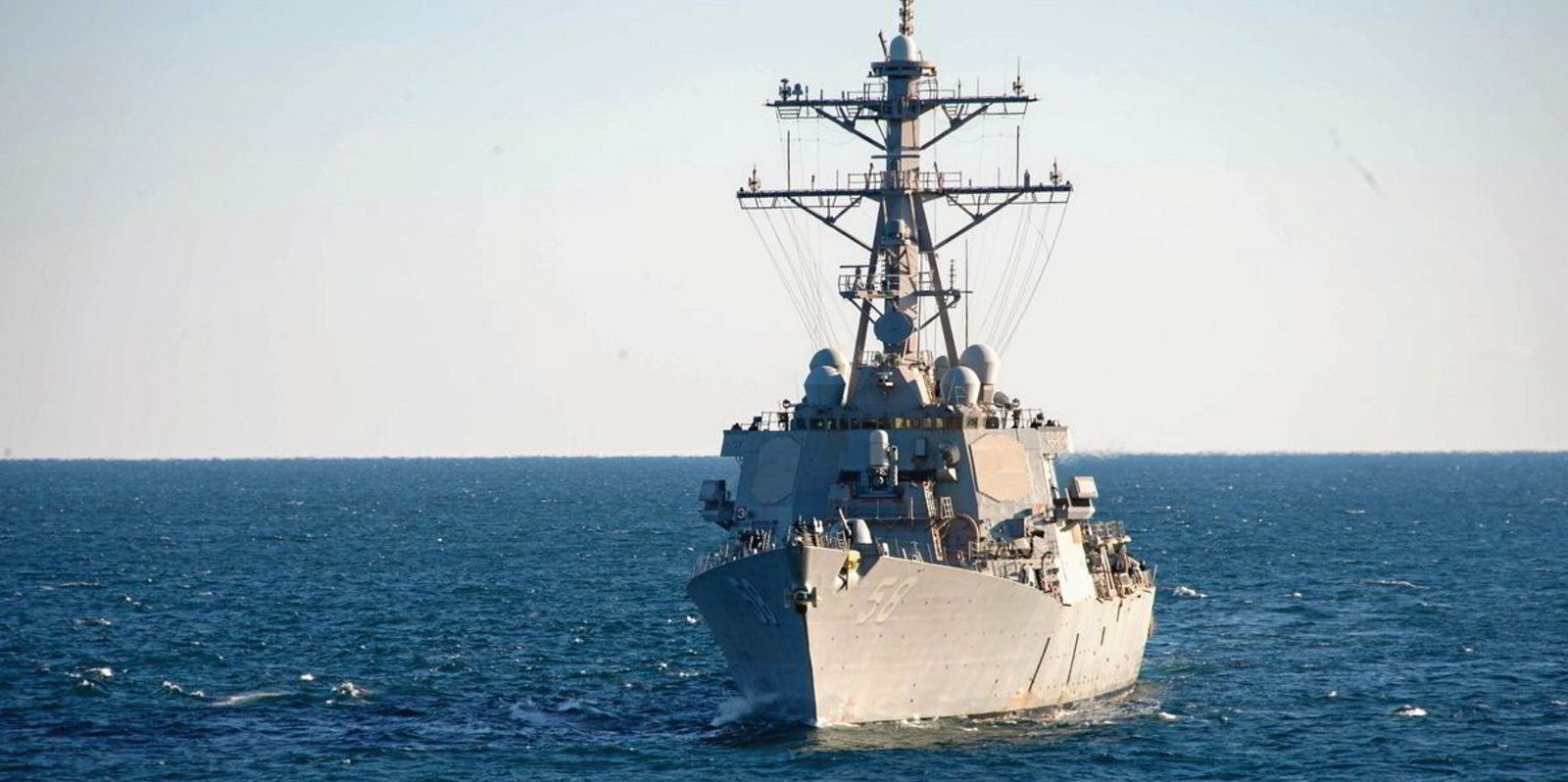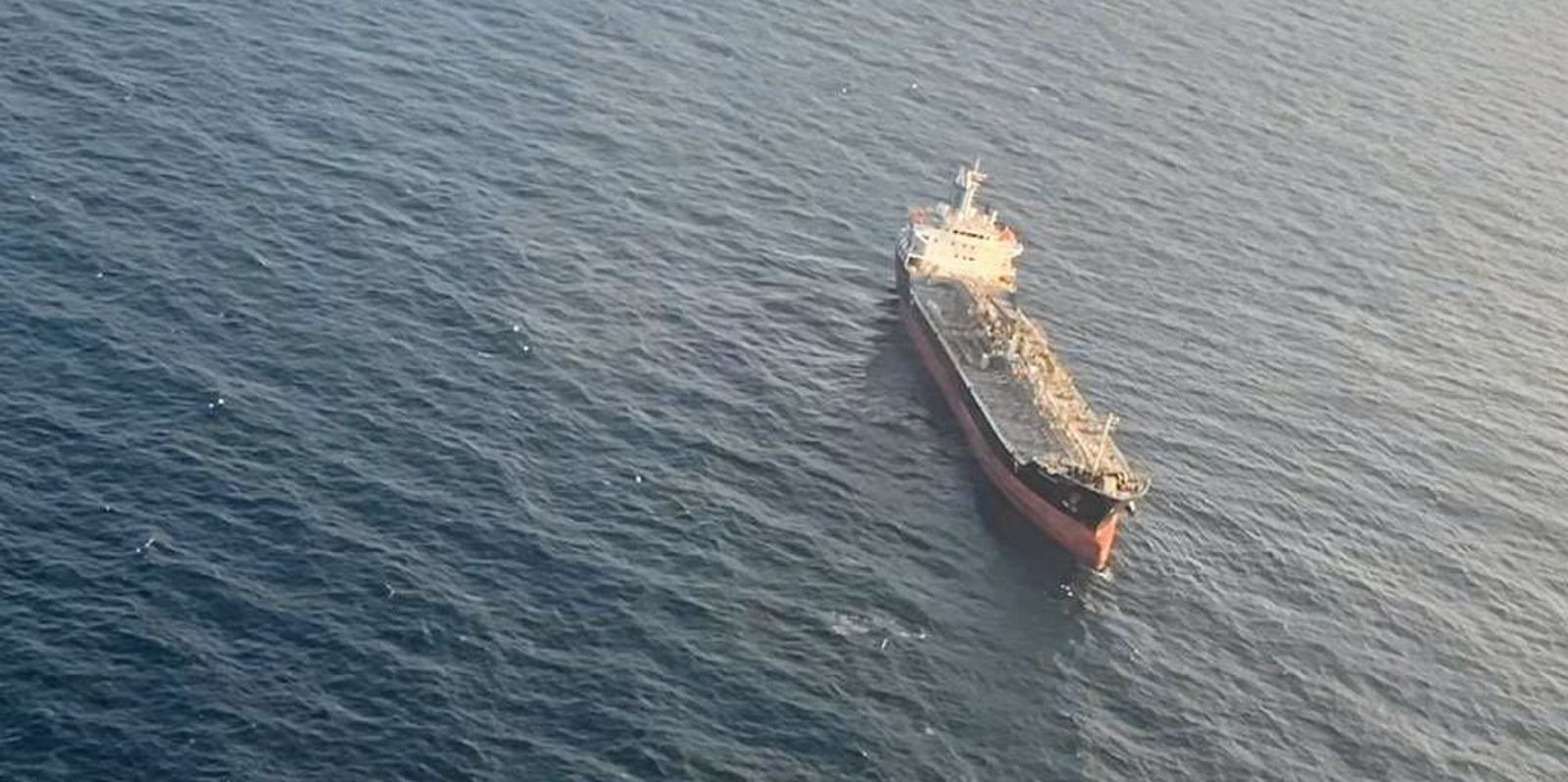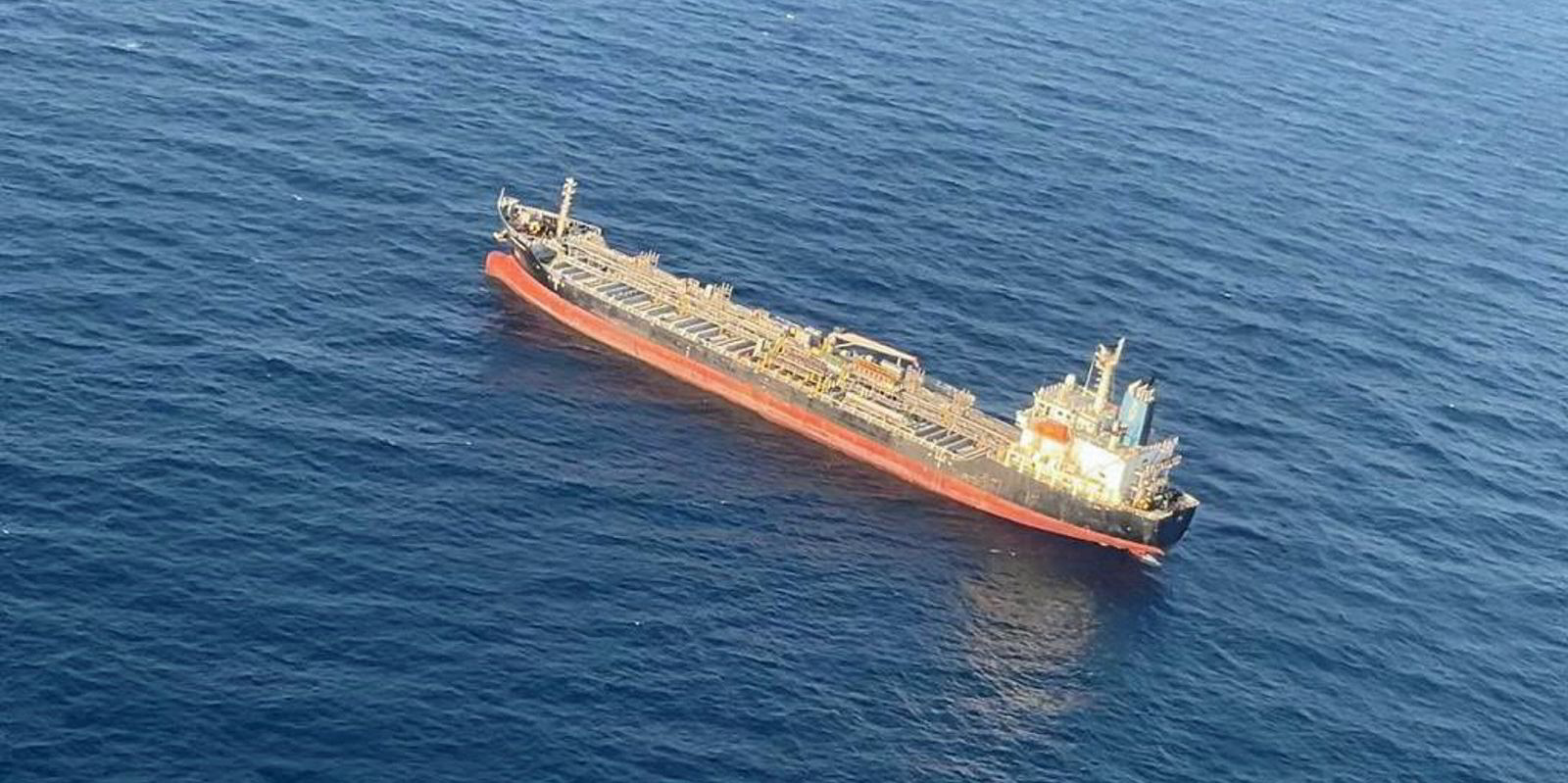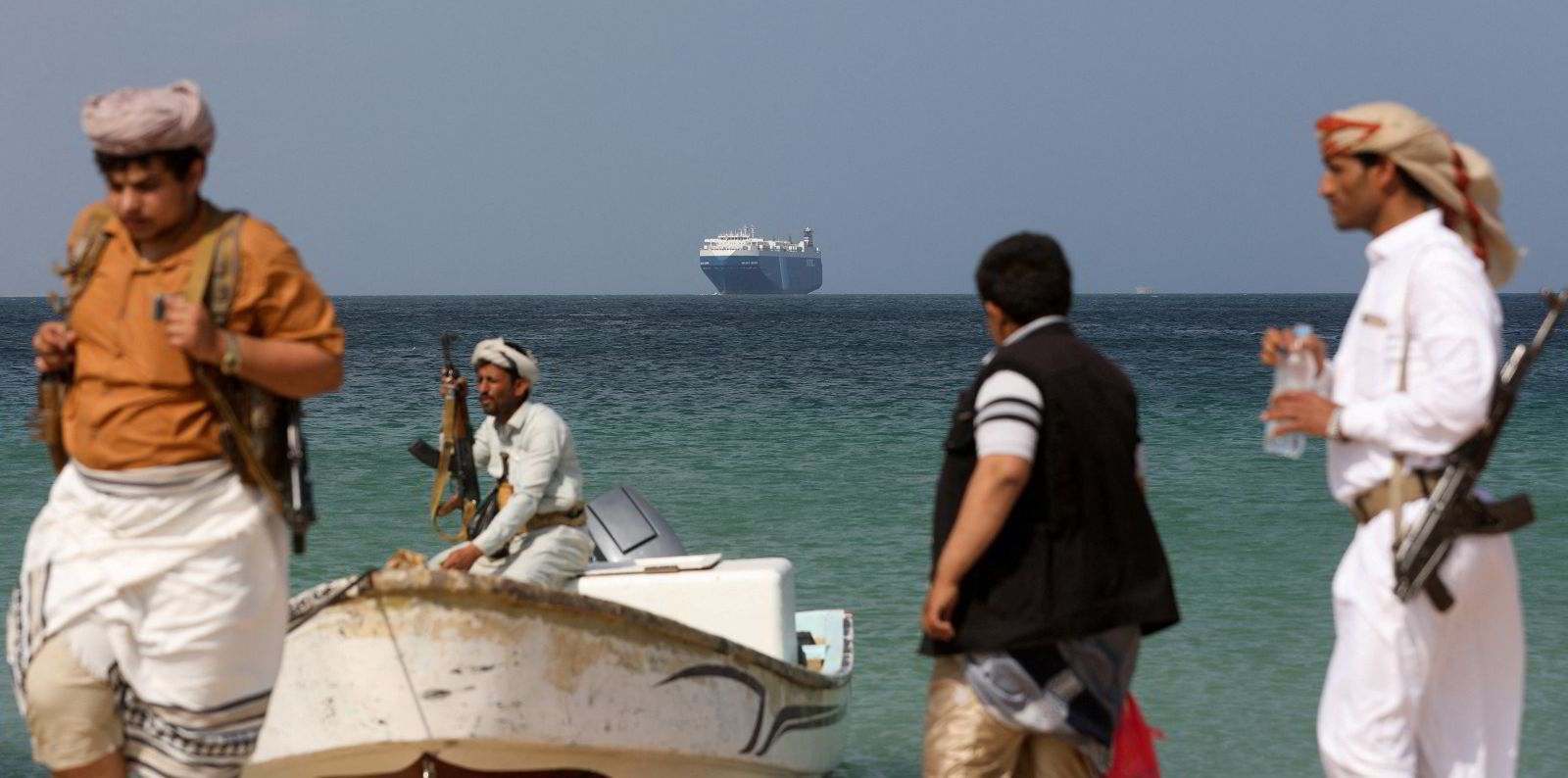The US said a drone that attacked an Ace Quantum Chemical Tankers vessel in the Indian Ocean was fired from Iran in a weekend of violence that included Houthi attacks on two tankers in the Red Sea.
A Defense Department official said the 21,300-dwt chemical tanker Chem Pluto (built 2012) was hit by a “one-way attack drone fired from Iran” while it was 200 nautical miles (370 km) off the Indian coast, according to multiple press reports.
TradeWinds reported on Saturday that the Liberian-flag tanker was rocked by an explosion in an incident that was the most distant yet from Houthi-controlled territory in Yemen, the launchpad for missiles and drones that have been fired at shipping for more than a month.
The crew of 20 Indians and one Vietnamese national was able to put out the fire, and there were no injuries.
The Chem Pluto is operated by Amsterdam-based Ace Quantum, according to data from Equasis. The company is a joint venture of Ace Tankers and Eastern Pacific Shipping, which is owned by Israeli billionaire Idan Ofer. The ship is listed as owned by Sansho Kaiun of Japan.
On Friday, the US accused Tehran of supporting Houthi attacks on shipping, which Iranian officials denied, but the Chem Pluto incident marks the first allegation of a direct Iranian assault on a vessel in the crisis that began in November.
Iran signalled over the weekend it would take action against shipping.
On Saturday, Iranian media reported that a commander of Tehran’s Islamic Revolutionary Guards Corps threatened to close the Strait of Gibraltar if the US and its allies continued to commit what he described as “crimes” in Gaza, according to Reuters.
“They shall soon await the closure of the Mediterranean Sea, Gibraltar and other waterways,” brigadier general Mohammad Reza Naqdi said in a report by the semi-official Tasnim news agency.
Also on Saturday, two tankers reported to US naval forces that they came under attack in the southern Red Sea, according to Central Command, which coordinates the US military in the region.
The 159,000-dwt crude tanker Sai Baba (built 2006) was hit by a one-way attack drone.
Central Command described the Sai Baba as Indian-flagged and Gabon-owned. But Equasis, the shipping database maintained by the French transport ministry, describes it as flagged in Gabon, managed by Mumbai-based Ark Seakonnect Shipmanagement and owned by the Marshall Islands-registered Paradise Shipping & Marine.
Central Command said that earlier in the day, the 33,600-dwt chemical and tanker Blaamanen (built 2004) reported a near-miss by a similar kamikaze drone.
There were no injuries or damage as a result of the attack.
The ship is owned by Norway’s Hansa Tankers, which said on Sunday that the vessel is transporting vegetable oil from Europe to India.
“The vessel proceeded through the Red Sea yesterday following a proper risk assessment which had been made for the safety of the crew, the ship and the cargo. There is no link to Israel for the Blaamanen or her ownership,” the company said.
There were no injuries or damage to the Norwegian-flag tanker, and Hansa said the vessel is proceeding on its voyage as planned.
“We will continue to monitor the situation closely,” the company said.
Central Command described the near-miss on the Blaamanen as the 14th attack on commercial shipping since 17 October, and the strike on the Sai Baba as the 15th.

However, Hansa Tankers’ account of the incident suggests that both vessels separately reported a single attack.
“An Indian-owned, Gabon-registered suezmax tanker on [its] way from the Russian Baltic Sea to India was sailing in front of our vessel and was hit by a drone,” Hansa said, using a description that matches the Sai Baba. “Owing to the close vicinity our master alerted the US Navy which came to the scene, offering protection.”
The Houthi-controlled government that controls north-west Yemen has denied responsibility for the attack, according to security firm Diaplous Group.
US Navy destroyer the USS Laboon, which is patrolling the southern Red Sea as part of the multination Operation Prosperity Guardian set up to respond to the Houthi threat to shipping, responded to both tankers’ distress calls.
The warship had a busy Saturday. Central Command said that over a five-hour period, the vessel shot down four unmanned aerial drones that were headed in its direction.
Additionally, there were two anti-ship ballistic missiles fired into international shipping lanes in the southern Red Sea from Houthi-controlled areas of Yemen, with no damage or injuries.





